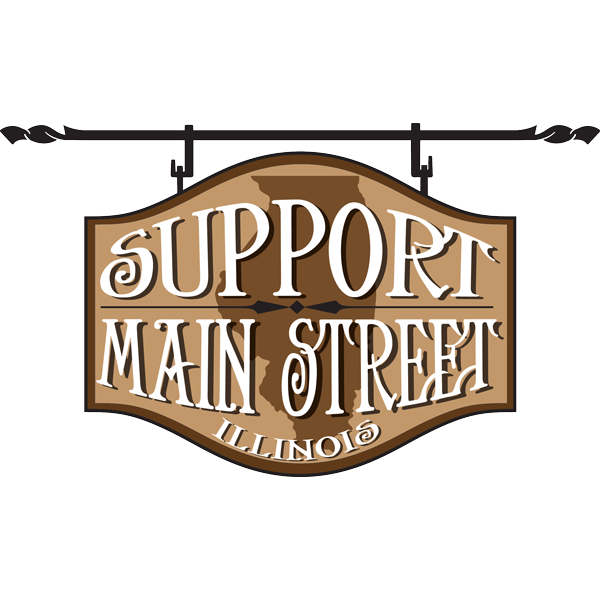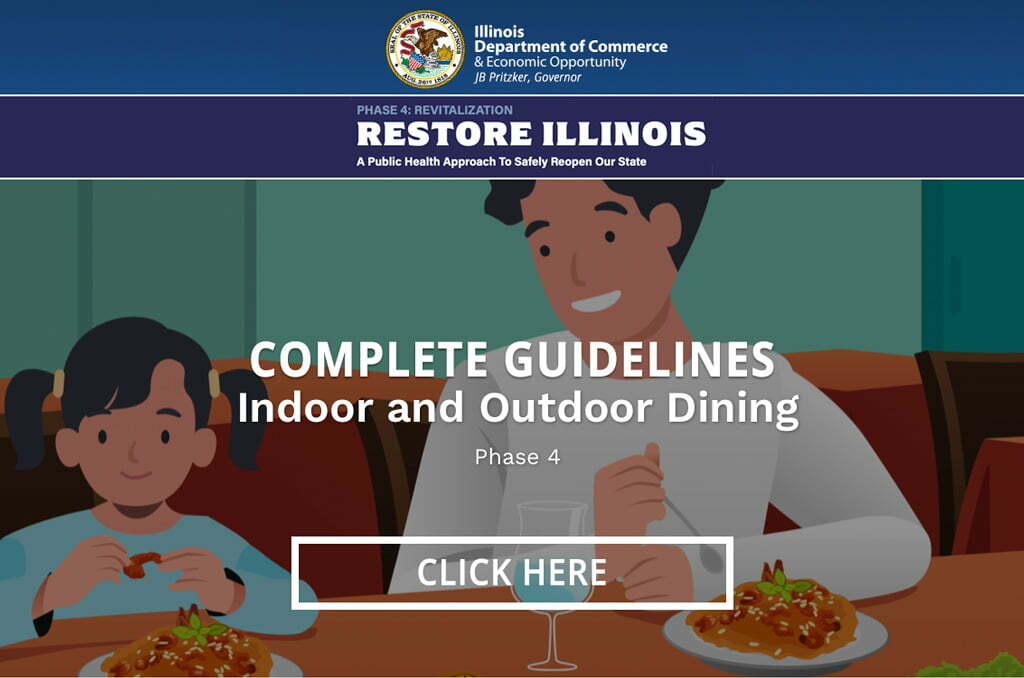
“This month, I’m like, ‘I need extra time,’” he said.
Holmes is not alone. Fifty-six percent of Illinois bar and restaurant owners cannot afford to pay their full rent in December, according to a survey from Boston-based Alignable, a referral network for small businesses.
Nationally, 61 percent of bar and restaurant owners said they couldn’t pay all of their December rent, up 19 percent from November.
The company has been tracking the pandemic’s financial impacts on small businesses, said CEO Eric Groves. Throughout the summer, businesses were reopening and the financial impacts were waning, he said. But come September, when case counts started to rise again across the country, those trends began to reverse.
That was particularly true in states like Illinois, where serving customers outdoors became less of an option as the weather turned, Groves said. In September, just 27 percent of bars and restaurants couldn’t pay full rent. That number increased to 46 percent in October and 54 percent in November.
“Restaurants are a little bit fortunate in the sense that they can do the takeout and the pickup,” Groves said. “But it’s still not really generating the revenues they need to sustain their business.”
Paying rent has been an issue for about one-third of small businesses since April, according to Alignable. Some experts have said the only small businesses that will survive the pandemic are those that can strike deals with their landlords.
For Kuma’s Corner, a restaurant known for its heavy metal vibe and burgers, rent is the largest expense, said owner Ron Cain.
Kuma’s Corner has six locations—in Denver, Indianapolis, Vernon Hills, Schaumburg, and one each in Chicago’s West Loop and Avondale neighborhoods. Cain said the company owns the building on Belmont Avenue that houses its original location, but has had to work with the other landlords throughout the pandemic to get rent payments deferred.
Those deferrals have been vital to survival, Cain said.
“When you’re doing the sales we’re doing, because we’re only doing to-go and delivery … we’re just trying to cover our variable costs,” he said.
For months, restaurant owners have said they need federal aid to survive. Small business owners told Alignable earlier this month that the top two expenses they would use federal funds on would be paying employees and rent.
Some help has come from the city and other organizations. Mayor Lori Lightfoot announced Wednesday that the city would award 995 independent bars and restaurants $10,000 each as part of the Chicago Hospitality Grant Program.
The funds are expected to go out this week, and are meant to provide emergency relief, according to a news release.
“We are at a critical moment in our fight against COVID-19 and we must continue to do everything we can to navigate this winter safely and successfully,” Lightfoot said in a statement. “These emergency funds demonstrate our commitment to doing everything in our power to supplement state and federal programs and help our businesses survive this difficult time.”
The Grail Cafe is set to receive one of the $10,000 grants, Holmes said. The money will help, but it took too long to come, he said. “How is that emergency funds?”
Holmes said he applied in early November and has watched his daily revenues decline since indoor dining shut down. With only takeout, he’s bringing in about $300 on a weekday, he said.
The Grail Cafe will survive, Holmes said, but he isn’t sure how. He is also worried about the domino effect restaurant closings will have on suppliers and other companies operating in the industry.
“It’s a house of cards,” he said. “Each of us has to be standing for us to be successful.”





